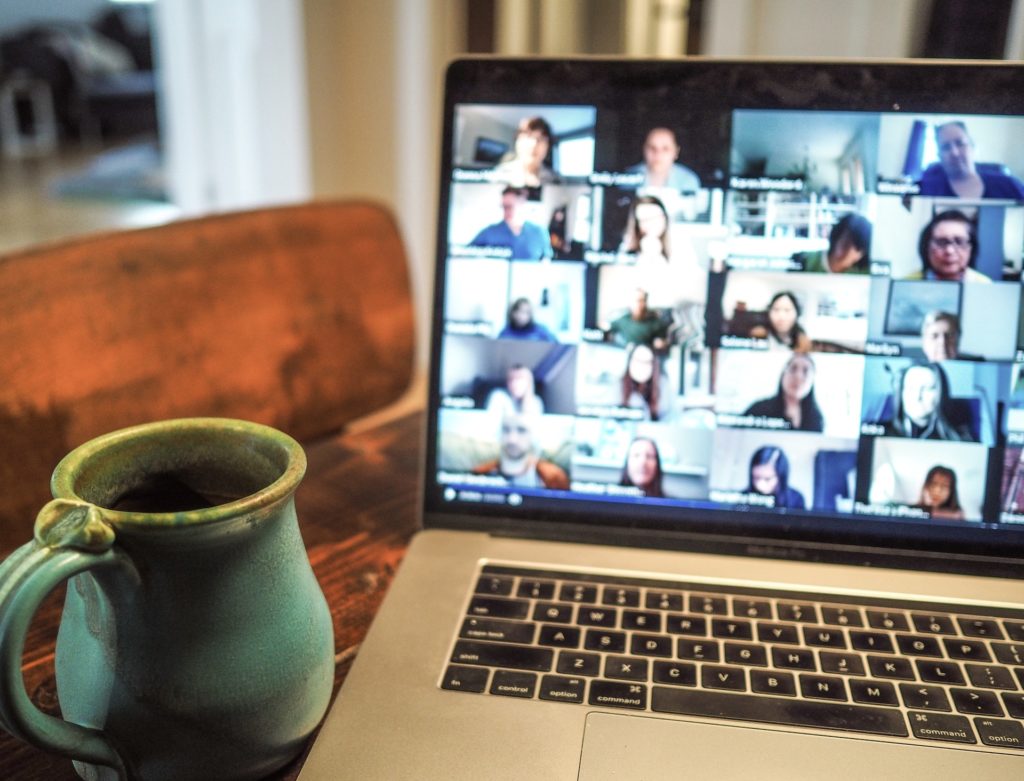Taking care of other people can be a kind and charitable act. We now know that acts of kindness can physically affect our well-being as well as being psychologically heart-warming.
Altruistic emotions – the “helper’s high” – seem to gain dominance over the stress response, according to Dr. Stephen G. Post, a professor of bioethics at Case Western Reserve University School of Medicine. We may even gain improved immunity levels.
So why do we sometimes find ourselves exhausted, resentful, and guilty while being a helper?
There is always fine line to tread between taking care of others and – novel thought, this – taking care of ourselves! As my swimming coach in college used to point out, never try to save someone else until you’re pretty darn sure you can save yourself.
Continued caretaking can result in the feeling that your life is being hijacked by someone else’s needs, creating a sense of helplessness, one of the most deadly of emotions in terms of mental and physical health.
There seems to be a strong relationship between resentment and fatigue: if you spent the same amount of time doing something you truly enjoyed, would you still feel so tired? It’s important to reflect on what you truly must do for someone else, and what you are doing automatically, while resenting it.
You are taking care of other people at the expense of your own well-being if: You are neglecting your own good health practices to do so.
First of all, guard your sleep as your greatest treasure. Your ability to think clearly and make good choices absolutely depends on it, as does your body’s ability to resist disease.
Make sure you keep quick, healthful snacks as well as the makings of good meals.
And remember that your exercise program can consist of short, ten-minute spurts of exercise during the day if you don’t have time to go to the gym or take a long walk. Those little exercise spurts will lift your mood, too.
You do something for another person that they can do for themselves.
Sometimes we do this simply because we are impatient, but in doing it, we not only are working too hard but we also rob the other person of a sense of autonomy and competence. Only infants and the truly incapacitated lack the ability to do at least some things for themselves.
You are not doing or saying something important to you because you think the other person “can’t stand it.” There are a few times in life when backing off because of the other person’s emotional state is a wise idea; approaching someone who has just lost a loved one with upsetting news that is not urgent is one of those times. But often we keep finding reasons not to tell someone we believe is weaker than we are that we have had enough, or don’t want to continue in a given role. The reasons keep changing but the underlying idea does not: that we are more powerful and therefore must bear the burden of the unequal relationship.
You believe that, because someone else needs your help, you must be constantly and instantly available regardless of your life’s demands.
Rather than reason with someone who is needy, decide for yourself what time you need to set aside for your needs and what time you can give to someone else.
By the way, “your needs” include time spent daydreaming, reading or watching TV, exercising, taking a walk, having coffee with an undemanding friend, and a host of other things that you may guiltily feel are not important. They are; they are the fabric of your life that helps you to be strong enough to be able to care for someone else.
Finally, remember the Platinum Rule: “Do unto yourself as you would have others do unto you.”


